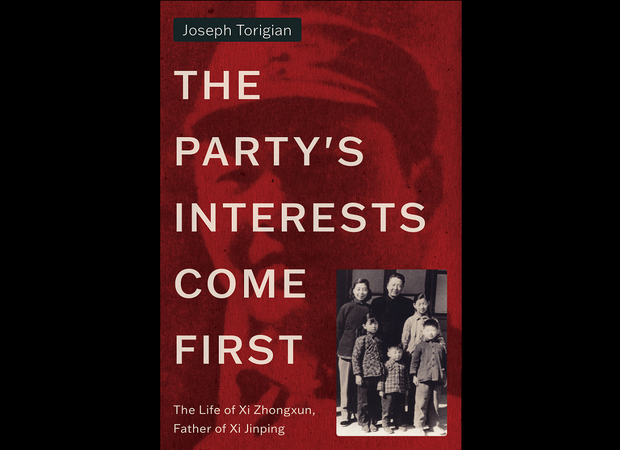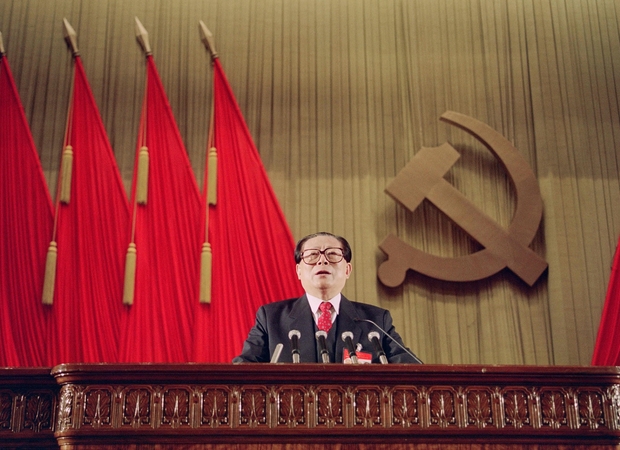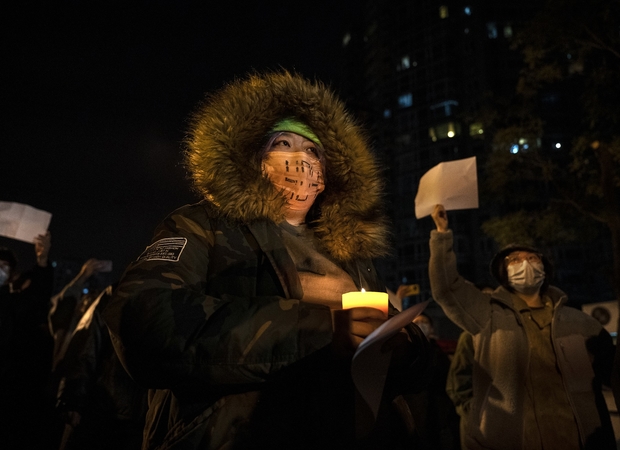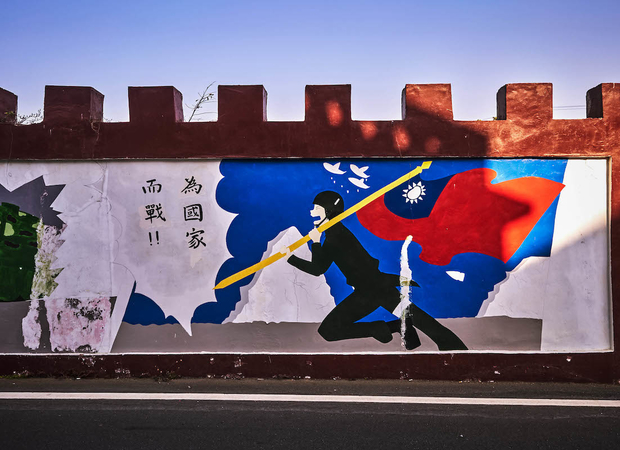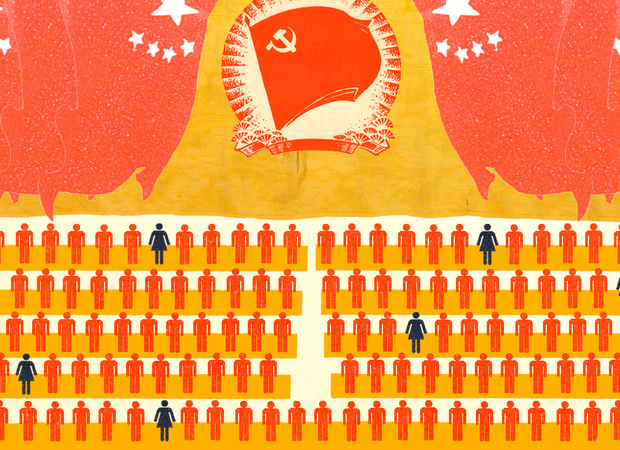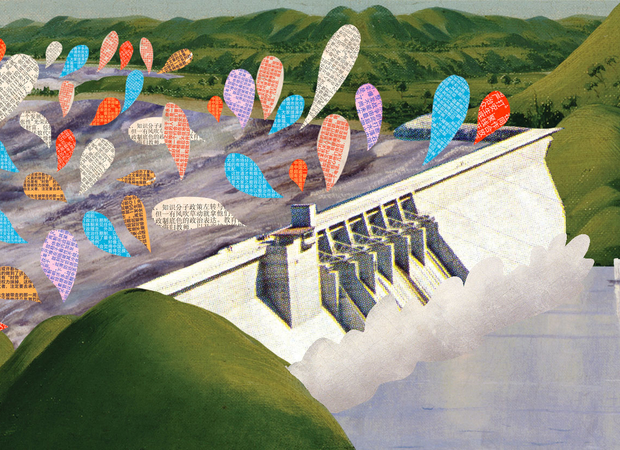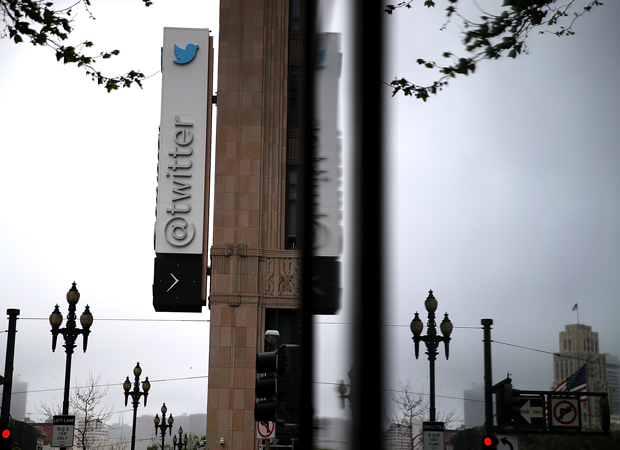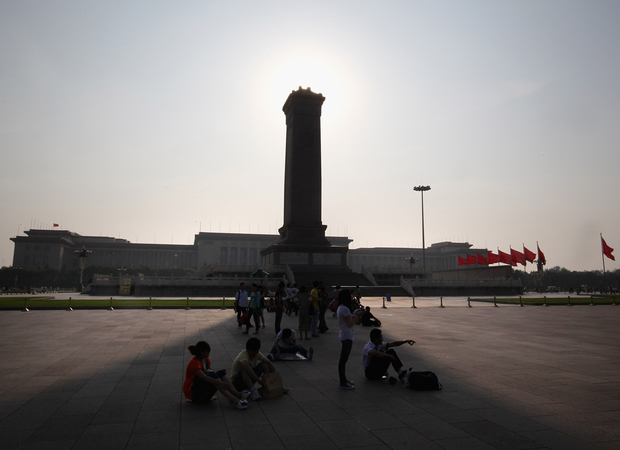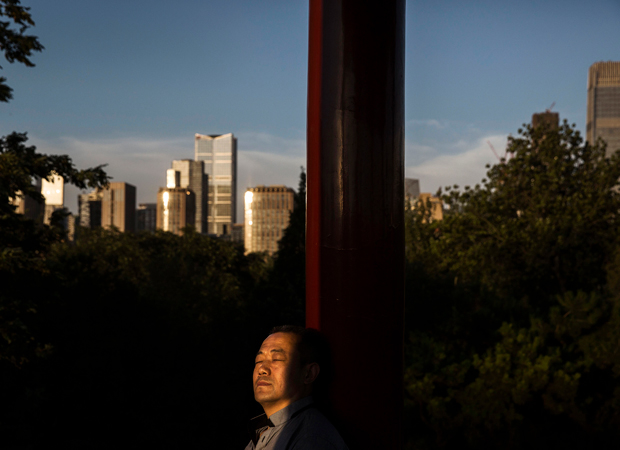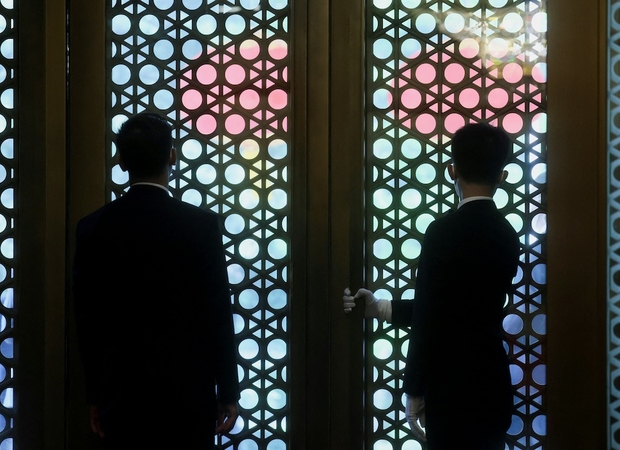
Xi Jinping’s Purges Have Escalated. Here’s Why They Are Unlikely to Stop
The final months of 2024 witnessed a new wave of purges in Xi Jinping’s China. On November 28, the Defense Ministry announced the suspension from his...
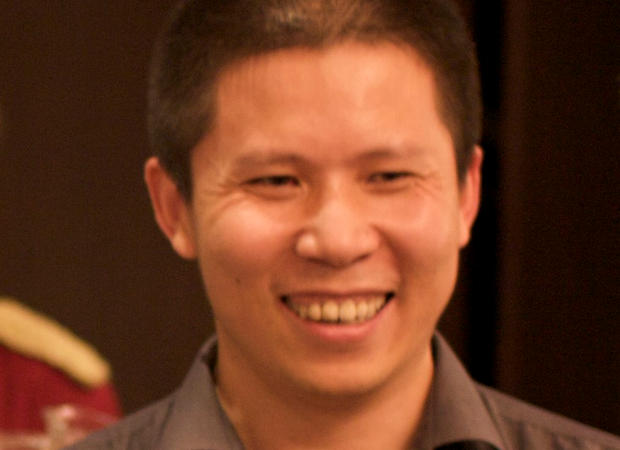
Xi vs. Xu: Two Visions for China’s Future
In late October, Radio Free Asia reported that Chinese civil rights advocate and lawyer Xu Zhiyong, who is serving a 14-year sentence for state subversion, has been hunger striking to protest the conditions of his incarceration. Xu’s imprisonment...
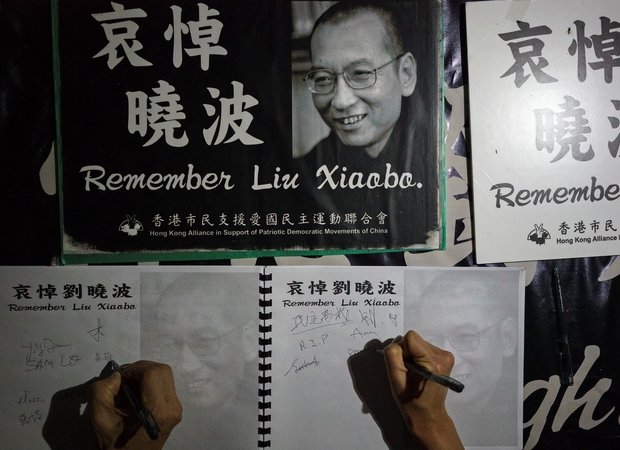
China’s Iconoclast
from New York Review of BooksI Have No Enemies: The Life and Legacy of Liu Xiaobo by Perry Link, the leading Western chronicler of dissent in China, and a Chinese colleague who writes anonymously as Wu Dazhi is the definitive biography of the most famous dissident in the...
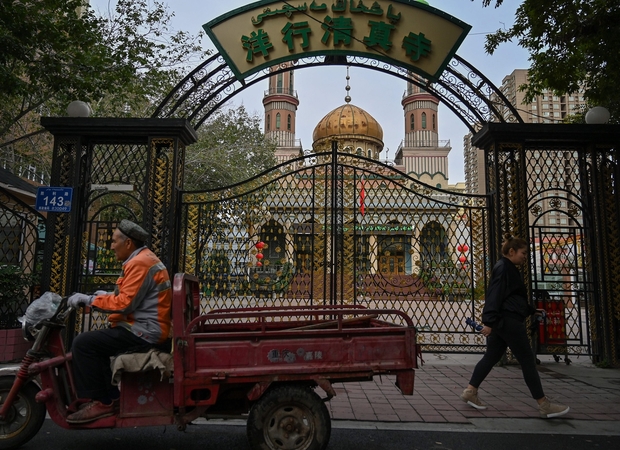
A New Round of Restrictions Further Constrains Religious Practice in Xinjiang
Authorities in the Xinjiang Uyghur Autonomous Region rang in 2024 by announcing an update to the region’s strictures on religious practice. Changes include new rules to ensure that sites of religious worship, like mosques, look adequately “...

What Will Newly Increased Party Control Mean for China’s Universities?
In January, Radio Free Asia reported that the Chinese Communist Party is “taking a direct role in the running of universities across the country” by merging the presidents’ offices with their Party committees. Ideological controls on universities...
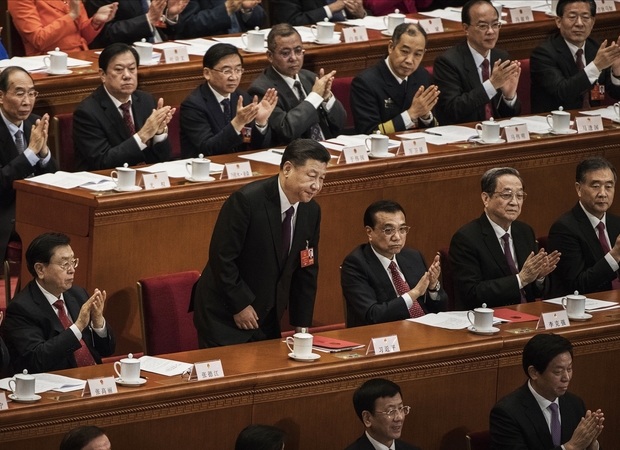
“It’s Too Convenient to Say That Xi Jinping Is a Second Mao”
The Chinese Communist Party, an organization of over ninety million members, remains opaque to many outsiders, even within China. Wall Street Journal reporter Chun Han Wong spent years in Beijing documenting social, political, and...

China’s Foreclosed Possibilities
from New York Review of BooksLike other authors of recent Western histories of this period, Dikötter attributes most of the early initiative in the reestablishment of diplomatic ties between Washington and Beijing to the Chinese, not to Nixon. Beijing’s preoccupation with...
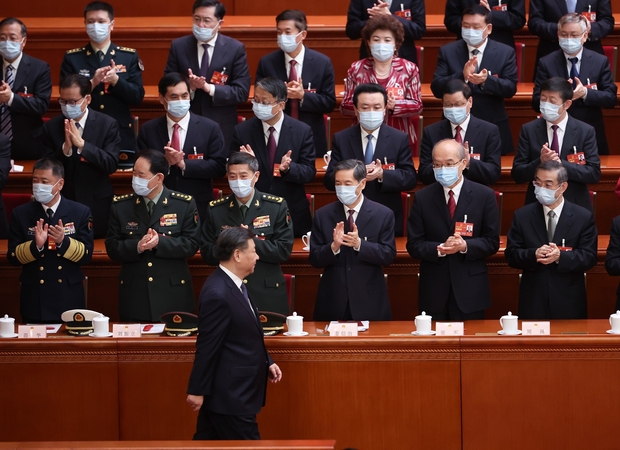
Xi Jinping’s Three Balancing Acts
from Foreign PolicyXi Jinping has ruled China for over a decade, but the way he rules it is changing. Xi faces domestic and international environments that are markedly worse than when he took office in 2012. The economy is struggling, confidence is faltering, debt...

For China’s Urban Residents, the Party-State Is Closer than Ever
In a recent working paper, scholars Yutian An and Taisu Zhang argue that local urban governments in China emerged from the COVID-19 pandemic with far more...
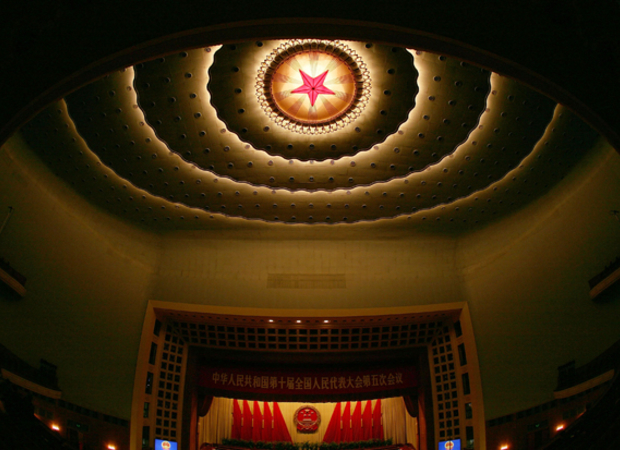
Document 9, 10 Years Later
Ten years ago, in April 2013, the Chinese Communist Party (CCP) promulgated a critical directive: its “Communiqué on the Current State of the Ideological Sphere...
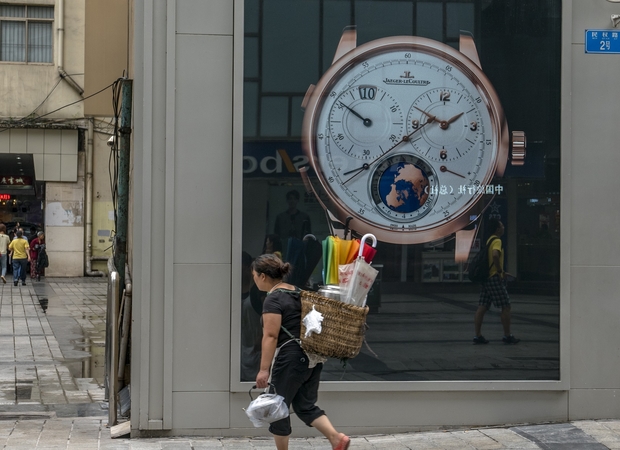
Xi Jinping Says He Wants to Spread China’s Wealth More Equitably. How Likely Is That to Actually Happen?
On the eve of the “Two Sessions,” Xi Jinping’s leadership position is now secure as he embarks on a third term. But China faces severe headwinds in reviving the economy, boosting employment, and managing local government debt. In past crises,...

As China’s Leaders Gather in Beijing, Here’s What to Watch
As delegates gather in Beijing for the National People’s Congress and the Chinese People’s Political Consultative Conference, the annual meetings known as the “Two Sessions” that set the tone and direction of China’s governance and policy, we...

Touting ‘Ethnic Fusion,’ China’s New Top Official for Minority Affairs Envisions a Country Free of Cultural Difference
Pan’s election to the Central Committee suggests that the Xi administration’s hard turn toward assimilationism will likely continue and perhaps intensify. Pan is the second Han official in a row to head the Ethnic Affairs Commission, which for...
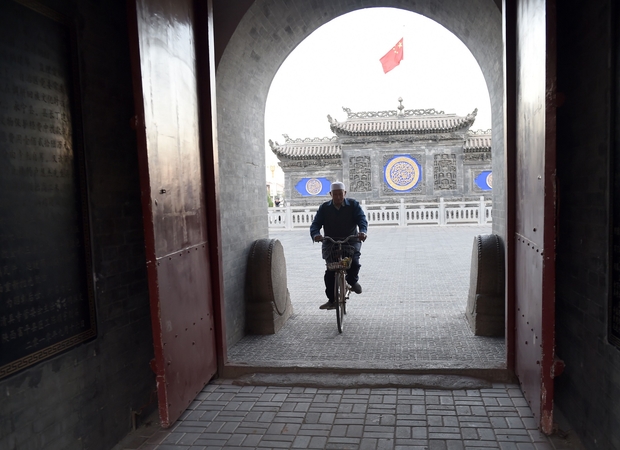
Planting the Flag in Mosques and Monasteries
Over the last few years, the Chinese Communist Party has physically remade places of religious worship in western China to its liking. This includes not only the Xinjiang Uyghur Autonomous Region, but also other areas with mosques or Tibetan...

How to Become a Better Firefighter in Gansu? Read ‘1984,’ ‘How to Win Friends and Influence People,’ and ‘The Complete Book of Jewish Wisdom’
On April 23, 2022, the National Committee of the Chinese People’s Political Consultative Conference (CPPCC) marked World Book Day with a meeting in Beijing...
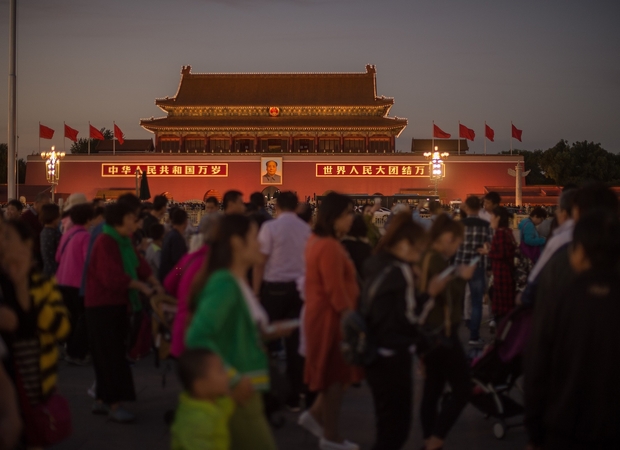
Elections? No Thank You. Performance Reviews? Maybe.
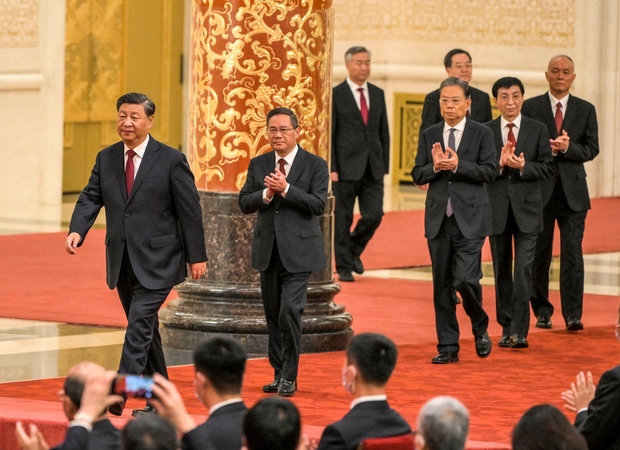
China: Back to Authoritarianism
from New York Review of BooksOver the past decade, Xi has become a transformational figure on a par with the two other giants of Chinese Communist Party rule: Mao Zedong and Deng Xiaoping. Like them, he has reversed earlier policies, in Xi’s case the relative openness that...
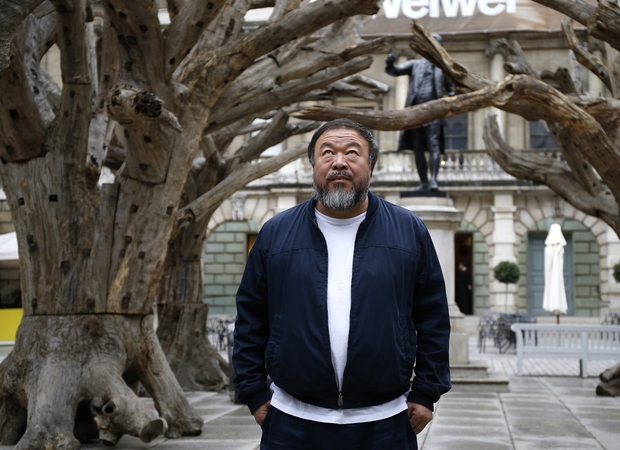
The Uncompromising Ai Weiwei
from New York Review of BooksAs I read 1000 Years of Joys and Sorrows, I felt as if I’d finally come upon the chronicle of modern China for which I’d been waiting since I first began studying this elusive country six decades ago. What makes this memoir so absorbing is that...
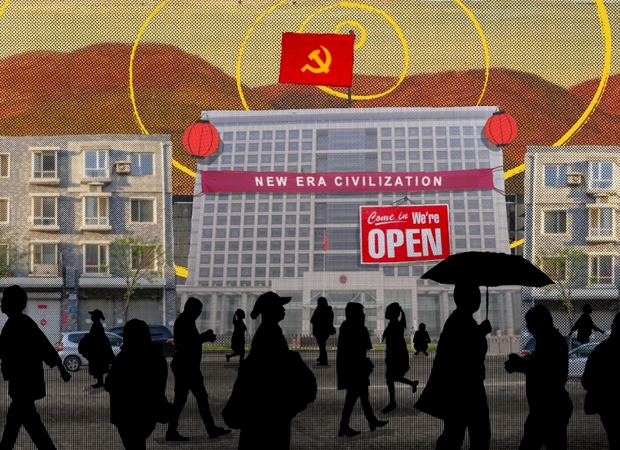
A Vast Network of ‘New Era Civilization Practice Centers’ Is Beijing’s Latest Bid to Reclaim Hearts and Minds
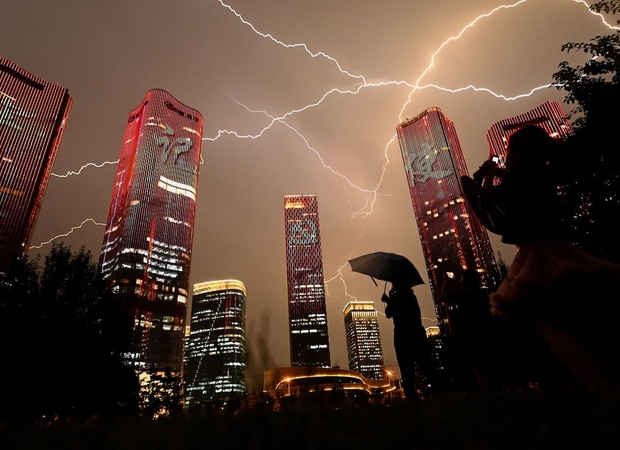
The CCP’s Culture of Fear
from New York Review of BooksOne way to measure China’s urge to transform itself is to note how often the word new has been used by Chinese leaders. In 1902, the concept of the “new citizen” took hold in Liang Qichao’s New Citizen Journal. 20 years later, the May Fourth...
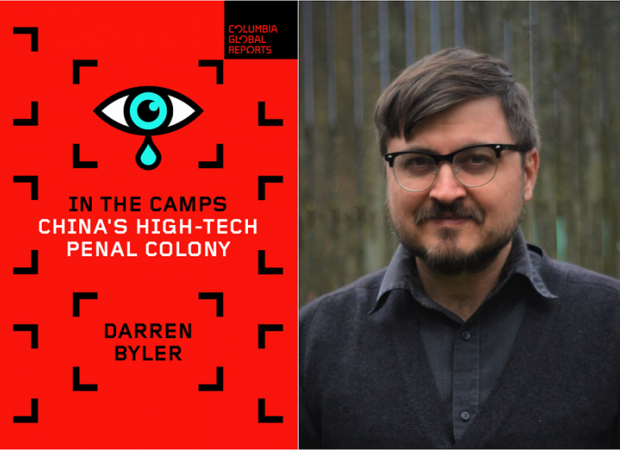
ChinaFile Presents: In the Camps—China’s High-Tech Penal Colony
Darren Byler joined ChinaFile’s Susan Jakes and Jessica Batke to discuss his new book, In the Camps: China’s High-Tech Penal Colony. Evidence has mounted in recent years that China’s government has incarcerated more than one million Uyghurs and...
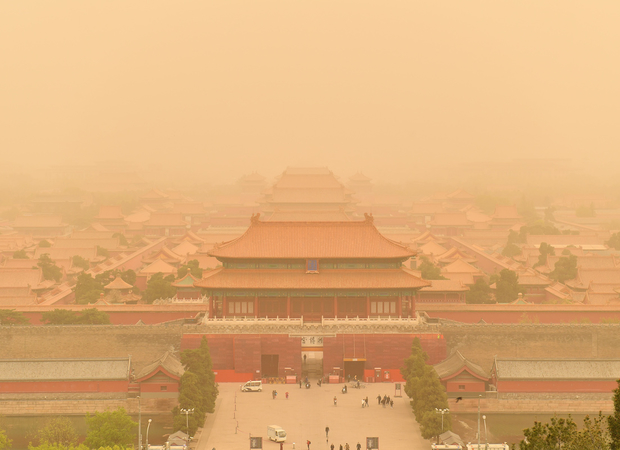
‘China’s Search for a Modern Identity Has Entered a New and Perilous Phase’
In 1980, writing the last paragraph of the last chapter of Coming Alive: China After Mao, I declared that China was moving “from totalitarian tyranny to a system more humane, part of a struggle by this nation to free itself from a straitjacket...
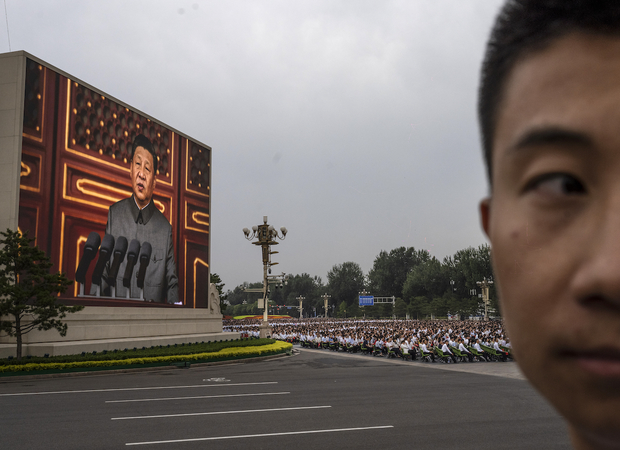
Xi’s China, the Handiwork of an Autocratic Roué
from New York Review of BooksAt this crucial juncture, China’s political, business, and academic elites revealed a core of craven self-interest and vacuous hypocrisy. The display was even further evidence of the degraded state of our nation’s public life, one that has long...

A Letter to My Editors and to China’s Censors
Xu Zhangrun, perhaps China’s most famous dissident legal scholar, released a letter addressed not only to China’s censors but also to the editors and publishers with whom he had worked for decades. That essay, translated below, is Letter Eight in...
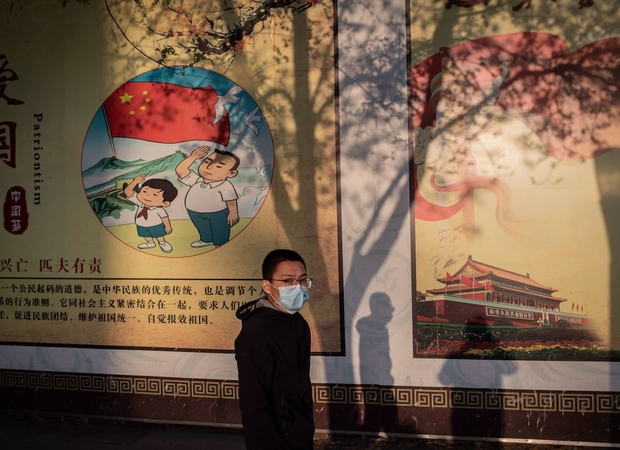
Ahead of Its Centennial, the Chinese Communist Party Frets Over Unsanctioned Takes on Its History
On July 1, the Chinese Communist Party will commemorate its founding in Shanghai one hundred years ago. Unsurprisingly, Beijing is leaving no stone unturned to ensure that nothing untoward takes place in the run-up to the great day. On April 9,...
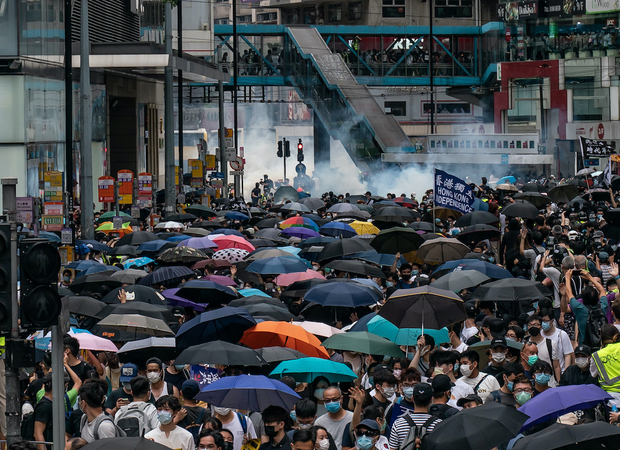
China’s Clampdown on Hong Kong
from New York Review of BooksHong Kongers demonstrated about everything from the removal of hawkers selling fish balls during the Chinese New Year to fare increases on mass transit (which had also provoked protests under British rule). But mostly they have demonstrated...
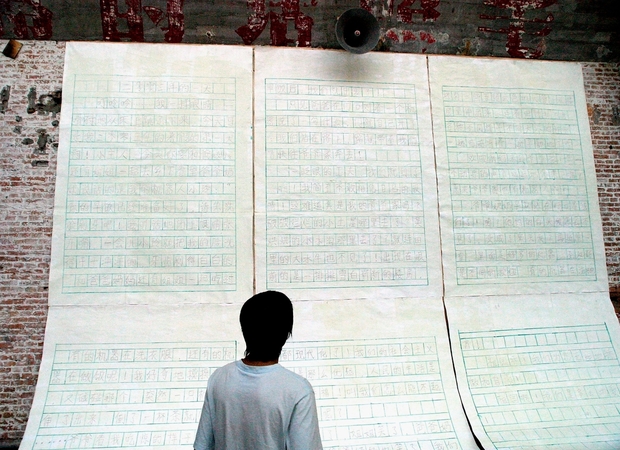
The Flowers Blooming in the Dark
from New York Review of BooksIt’s possible to identify another period that might surpass the 1980s as China’s most open: a 10-year stretch beginning around the turn of this century, when a rich debate erupted over what lay ahead. As in the past, many of those speaking out...
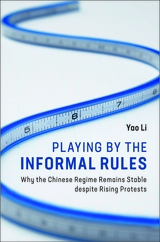
Playing by the Informal Rules
Growing protests in non-democratic countries are often seen as signals of regime decline. China, however, has remained stable amid surging protests. Drawing on a nationwide dataset of protest and multi-sited ethnographic research, this book presents a bird’s-eye view of Chinese contentious politics and illustrates the uneven application of informal norms across regions, social groups, and time.
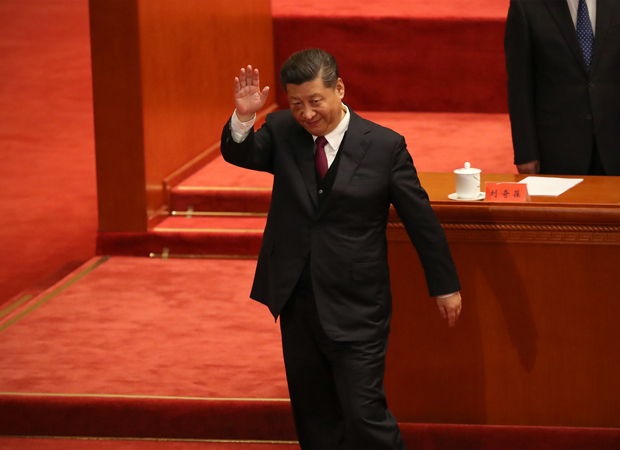
Dear Chairman Xi, It’s Time for You to Go
In this open letter, the author urges Xi Jinping to step down. Xu Zhiyong went into hiding in late 2019. The following open letter, which was released on 4 February 4, 2020, was written while he was on the run. On February 15, Xu was detained in...
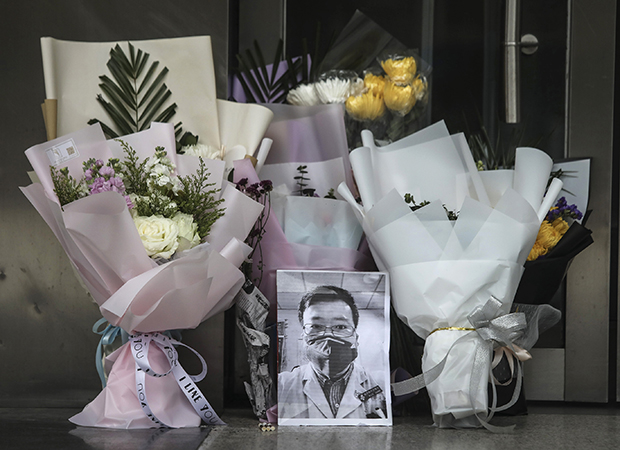
Public Anger Over Coronavirus Is Mounting. Will It Matter?
The coronavirus outbreak that exploded three weeks ago in the central Chinese city of Wuhan has prompted the most severe government actions in three decades. Cities are closed down, transport links broken, and tens of millions of people...
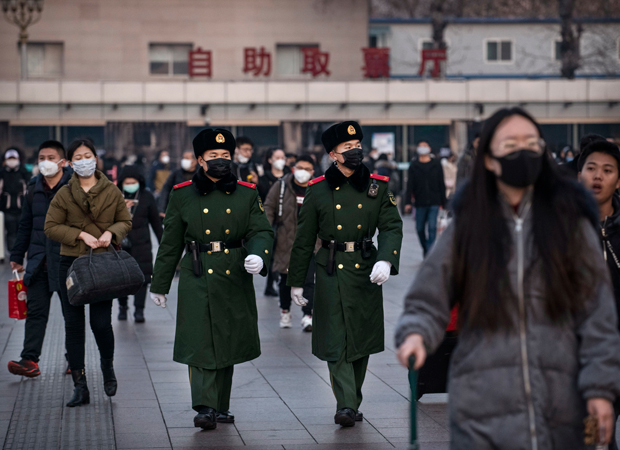
How Much Could a New Virus Damage Beijing’s Legitimacy?
A month into the coronavirus epidemic that has swept across China, the details of the Chinese government’s political and administrative response remain highly ambiguous. What has been unmistakable, however, is the volume and intensity of social...
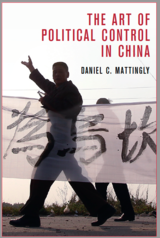
The Art of Political Control in China
When and why do people obey political authority when it runs against their own interests to do so? This book is about the channels beyond direct repression through which China’s authoritarian state controls protest and implements ambitious policies from sweeping urbanization schemes that have displaced millions to family planning initiatives like the one-child policy. Mattingly argues that China’s remarkable state capacity is not simply a product of coercive institutions such as the secret police or the military. Instead, the state uses local civil society groups as hidden but effective tools of informal control to suppress dissent and implement far-reaching policies.
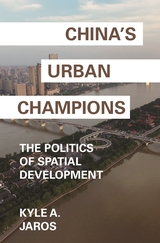
China’s Urban Champions
The rise of major metropolises across China since the 1990s has been a double-edged sword: Although big cities function as economic powerhouses, concentrated urban growth can worsen regional inequalities, governance challenges, and social tensions. Wary of these dangers, China’s national leaders have tried to forestall top-heavy urbanization. However, urban and regional development policies at the sub-national level have not always followed suit. Why do policymakers in many cases favor big cities in a way that reinforces spatial inequalities rather than reducing them?
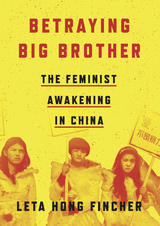
Betraying Big Brother
On the eve of International Women’s Day in 2015, the Chinese government arrested five feminist activists and jailed them for 37 days. The Feminist Five became a global cause célèbre, with Hillary Clinton speaking out on their behalf and activists inundating social media with #FreetheFive messages. But the Five are only symbols of a much larger feminist movement of civil rights lawyers, labor activists, performance artists, and online warriors prompting an unprecedented awakening among China’s educated, urban women. In Betraying Big Brother, journalist and scholar Leta Hong Fincher argues that the popular, broad-based movement poses the greatest challenge to China’s authoritarian regime today.
United Front Work Department’s Austrian Chapter Registers as a Foreign NGO in China
The Austria-China Peaceful Reunification Promotion Association (奥地利中国和平统一促进会) registered a representative office in China on May 29, 2019. This is particularly noteworthy not only because it is the first Austrian group to register an office under...

China’s ‘Black Week-end’
from New York Review of BooksWhen Chinese law professor Xu Zhangrun began publishing articles last year criticizing the government’s turn toward a harsher variety of authoritarianism, it seemed inevitable that he would be swiftly silenced. But then, remarkably, dozens of...
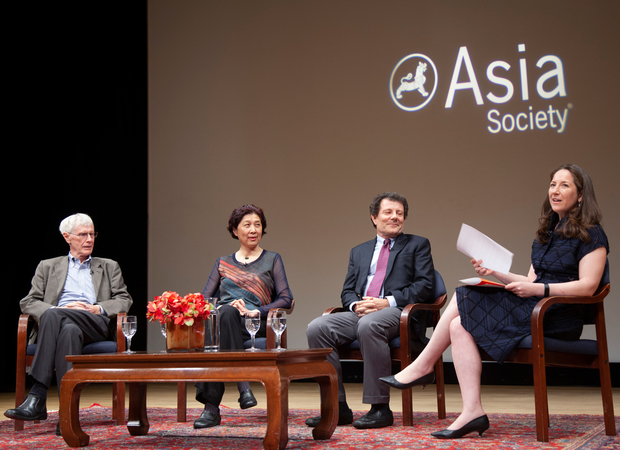
ChinaFile Presents: Erasing History—Why Remember Tiananmen
On the evening of June 3, ChinaFile hosted a discussion on the Chinese government’s efforts to control, manipulate, and forestall remembrance of the Tiananmen Square protests of 1989 and the bloody crackdown that ended them. Participating in the...
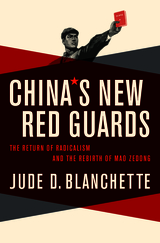
China’s New Red Guards
Jude Blanchette details how contemporary China is undergoing a revival of an unapologetic embrace of extreme authoritarianism that draws direct inspiration from the Mao era. Under current Chinese leader Xi Jinping, state control over the economy is increasing, civil society is under sustained attack, and the Chinese Communist Party is expanding its reach in unprecedented new ways. As Xi declared in late 2017, “Government, military, society, and schools, north, south, east and west—the Party is the leader of all.” But this trend is reinforced by a bottom-up revolt against Western ideas of modernity, including political pluralism, the rule of law, and the free market economy.
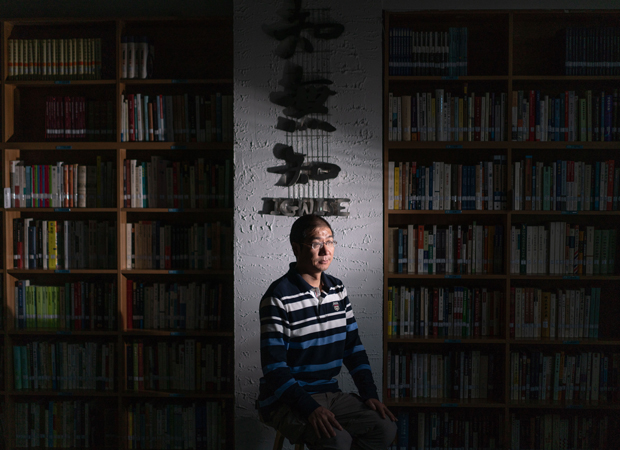
China: A Small Bit of Shelter
from New York Review of BooksAt night, a spotlight illuminates four huge characters on the front of the Great Temple of Promoting Goodness in Xi’an, the capital of Shaanxi province in northwestern China: mi zang zong feng, “The Esoteric Repository of the Faith’s Traditions...
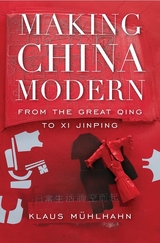
Making China Modern
It is tempting to attribute China’s recent ascendance to changes in political leadership and economic policy. Making China Modern teaches otherwise. Moving beyond the standard framework of Cold War competition and national resurgence, Klaus Mühlhahn situates 21st-century China in the nation’s long history of creative adaptation.
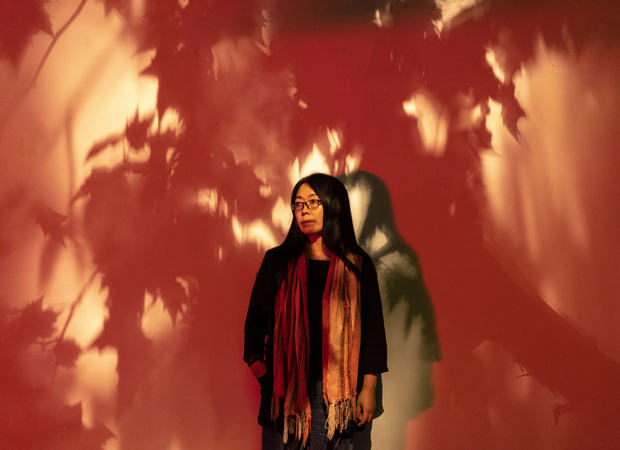
‘It’s Hopeless But You Persist’: An Interview with Jiang Xue
from New York Review of BooksThe forty-five-year-old investigative journalist Jiang Xue is one of the most influential members of a group of journalists who came of age in the early 2000s, taking advantage of new—if temporary—freedoms created by the Internet to investigate...
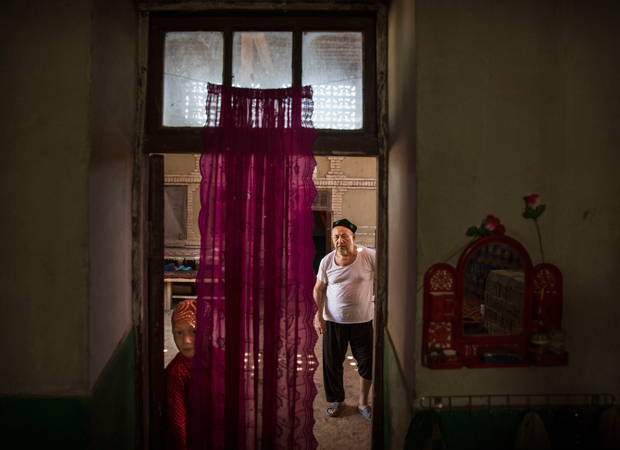
China’s Government Has Ordered a Million Citizens to Occupy Uighur Homes. Here’s What They Think They’re Doing.
The village children spotted the outsiders quickly. They heard their attempted greetings in the local language, saw the gleaming Chinese flags and round face of Mao Zedong pinned to their chests, and knew just how to respond. “I love China,” the...
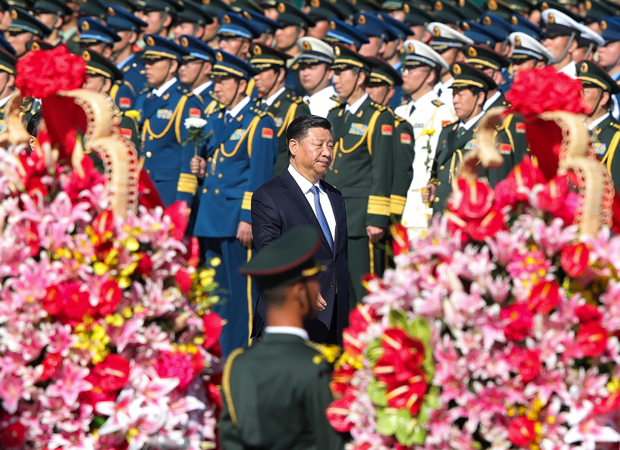
‘WeChat Is Not a Land outside the Law’
The second revision of the Chinese Communist Party’s internal discipline regulations in less than three years was introduced in August. The revised regulations are not dramatically different from the previous 2015 revisions. Not in the sense, at...
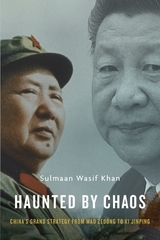
Haunted by Chaos
Before the Chinese Communist Party came to power, China lay broken and fragmented. Today, it is a force on the global stage, and yet its leaders have continued to be haunted by the past. Drawing on an array of sources, Sulmaan Wasif Khan chronicles the grand strategies that have sought not only to protect China from aggression but also to ensure it would never again experience the powerlessness of the late Qing and Republican eras.
China Tightens Grip on Foreign University Ventures
The directive, which took effect last year but whose existence is being revealed for the first time by the Financial Times, mandates foreign education institutions to include a clause that supports the establishment of a party...
Australia’s China Reset
It’s no secret that Professor Francis Fukuyama got it wrong in his classic “End of History” treatise, published in the dying days of the Cold War. More interesting is why he got it wrong. His conclusion that the Western model...




